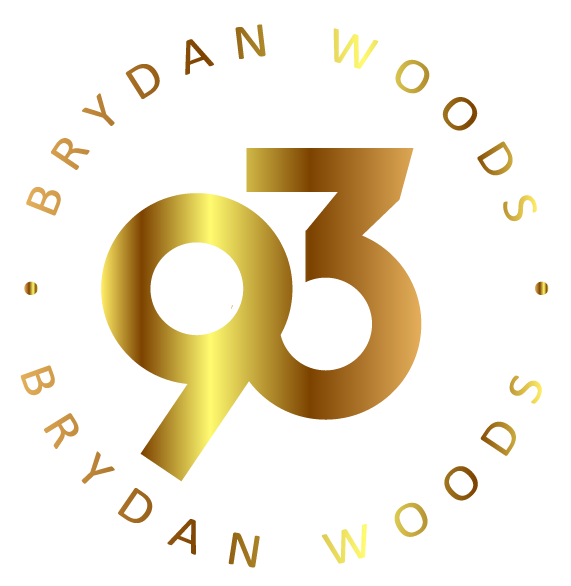The Complete Guide You Need to Know Before Entering a Lease
Leasing is a part of every business regardless of where you are. With the world changing rapidly these days, while most businesses could operate online and remotely, we still somehow crave the professional space.
You can always seek professional help from Leasing Consultant in NSW or Leasing in Agents in NSW, or a Retail and Commercial Leasing Lawyer in Sydney, in particular. Although each state and territory has its own procedure and legal requirements, some common aspects remain consistent across the country.
What is a Lease Contract/Agreement?
A lease contract is a written agreement between the parties involved in the transaction. For the lease contract to be valid, it is highly recommended that the lease terms and conditions are listed in writing. There may be more than two parties involved in a contract. Parties are the legal term used to describe the people/ entities of the transactions, they are referred to as Lessor/ Landlord or Lessee/Tenant. It is important to understand your rights and obligations before signing a lease. Retail and Commercial Leasing Lawyer in Sydney in particular or Leasing Consultant in NSW will be able to review and give you professional advice.
What is a Lease Agreement in Australia? Different Names and Types?
A lease agreement in Australia may also be known as a Lease contract or Deed of Lease. The names are used interchangeably. A lease contract is used commonly in the real estate, car, and equipment industry.
The most popular field is real estate and it is broken down into three types:
- Commercial,
- Retail and
- Residence.
Commercial leases refer to office buildings, warehouse and office space combinations, or independent premises in a business precinct. A commercial lease contract is less complex but to enter the lease contract the stake is higher than a retail lease. For example, most commercial leases require six months bond or Bank Guarantee instead of 3 months in some cases.
Retail leases include shopping malls and supermarket sites which belong to one big area or local, community center. Retail leases are approachable for small and family businesses, however, the lease terms are much more complex and details.
Leasing Consultant in NSW, Leasing Agents in NSW, Retail & Commercial Leasing Lawyer in Sydney, and other professional firms specializing in Leasing work in conjunction with the Retail Leases Act 1994 No 46 (the Act). The Act sets out the guideline for all possible situations in which both parties of the Lease may encounter, however, the lease terms shall prevail to a certain extent if the terms are mutually agreed upon by both parties.
What should be included in a Lease agreement? What are the terms and conditions of the Lease Agreement in Australia?
A Lease agreement is the final written contract containing all details of the lease terms including:
Lease duration/ Lease term: It could be a casual lease means the term is under 12 months or a permanent lease with a standard 5 years term. In some cases, the lease may only be signed for a 2 or 3 years with an option to renew in a commercial lease. Retail leases are normally signed for a 5 years term, but there is no guarantee option for renewal depending on each Centre’s development plan.
Rent: The rent amount is listed annually in the contract. Commercial leases focus on base rent and some sites require to have outgoings but not all. On the flip side, retail leases have a cocktail way to play around with the rent.
The three categories are based rent, semi-gross and gross rent.
- Base rent refers to the value a tenant pay to hire a premises only, nothing else included. The base rent is dived monthly and the tenant pays accordingly.
- Semi-gross means base rent includes some outgoing costs such as air conditioning, maintenance costs, and administration cost of the Centre servicing the public space like cleaning and toiletry. These amounts are included in the rent and the tenant pay these amount together with the rent monthly as a lum sump.
- Gross rent is base rent including all outgoings.
Outgoing: Outgoing could be a major cost of a lease. It includes taxes and council rates, center maintenance costs, and administrations.
Rent Review: Each year on the rent anniversary date the rent will increase for a certain amount.
Brydanwoods as Leasing Consultants in NSW are very careful in negotiating this item in conjunction with the type of rent in each contract.
Fitout requirements: Ensure you understand the Centre requirements for the fit-out before you sign the contract. Fitout costs may be significant and you don’t want to sign up for something you can’t afford.
The above are the main items to consider when reading a lease contract. In fact, there are a lot more details included in a contract such as:
- Definitions and interpretation
- Payment terms
- Insurance
- Release and indemnities
- Notices
- and the list goes on.
Why should you use a Lease Agreement?
A Lease Agreement is a means to protect both parties of a lease transaction. The Lessor is required to provide usable, cleaning, and a sound infrastructure for the building. The Lessor is required to ensure the base build is completed for a tenant to be able to do the fit-out. For example, the frame walls, AC outlets, and fire sprinklers are ready for connection.
In return, the tenant must pay the rent on time and protect the premises during the lease term.
The tenant has the right to fit out, decorate and operate their business on-site and is protected under the contract. The Landlord cannot re-lease the site to someone else or take the site back without notice.
In some instances, where the parties cannot resolve conflict, the court based on the contract terms and the Retail Leases Act 1994 No 46 resolves the matters.
What difference between Commercial and residential lease agreements?
In commercial leases, most of the tenants are professional businesses or small and family businesses that operate to provide goods and services to the community.
While the residential agreements could be operated in private. As the name suggested, residential agreements are used for residences, those who rent a house, an apartment, or a studio to live in.
Why should you hire a leasing consultant or lawyer to review a lease agreement?
As you are aware, a lease contract is a complex legal document. It may contain a lot of legal and business jargon which makes it hard to interpret. Moreover, it is written in line with the legislation which in some cases involves more than one status. It is imperative to understand the agreement fully prior to signing by seeking legal advice from Leasing in Agents or a Retail and Commercial Leasing Lawyer.
What are the benefits of Hiring a Leasing consultant?
Leasing Consultants can be found from professional consulting firms like Brydan Woods, we not only offer lease review advice but also be able to explain and assist you along the way for each transaction from multiple angles including assessing your position from a legal, accounting, and tax point of view. We help you weigh out the pros and cons before you make a decision and handle all the communications between all relevant parties. Miscommunication can lead to hiccups and delays in the transaction and may be costly if you miss a compulsory timeline.
So if you are Planning to lease a property in Australia, You must get consultation from Experts at BrydanWoods and stay on safer side. We are expert Retail and Commercial Leasing Consultant in Sydney to give you best legal advice and help you with all the documentation process.




